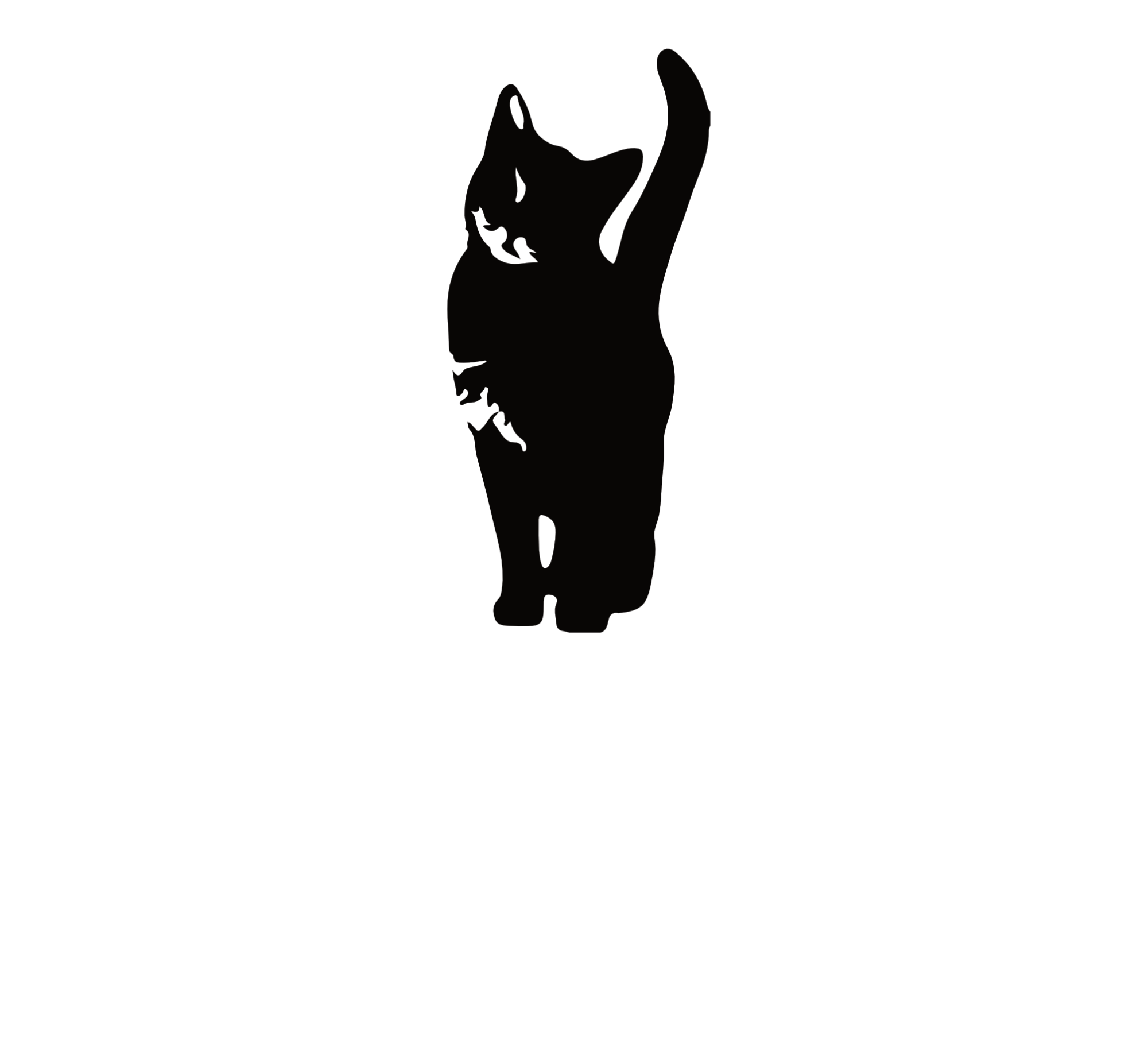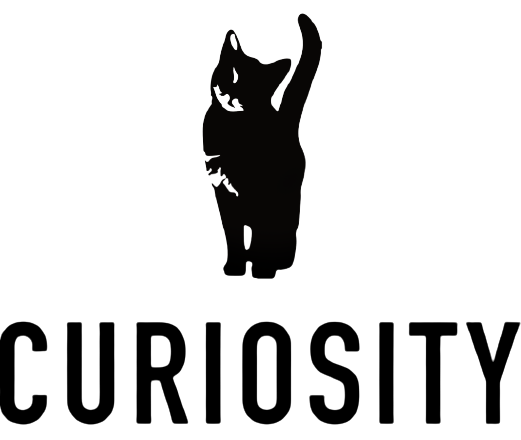By my reckoning I had the privilege to talk with over 2,000 complete strangers this year.
I talked with Wanda, a furloughed federal employee in Washington D.C. who couldn’t afford to buy a new furnace in the cold of January. I talked with Doug a former C.E.O. of a defense contracting firm in Dallas who sheepishly admitted that he likes to drive really fast. I talked with Billy a self-taught artist from Tupelo, Mississippi who is also a community organizer.
I spent time with a soft spoken and inspirational architect who dedicated his life to create better communities. I talked with an off-road enthusiast whose hobby was to swim with sharks…without a cage. I chatted with young entrepreneur from Southern Italy whose father sold his grocery stores to return to farm the land of his father and grandfather.
An elderly affluent Persian-American in Palo Alto shared his admiration for the craftsmanship of the stitching in the seats of his car. I had casual chat with a Turkish taxi driver in Hamburg who nearly got us all killed because of my incessant questions. A debt free handyman who lives on 900 on acres in the Ozarks took time to share his insights on technology.
We chatted in groups, on the phone, through video conference, in cars, in parks, at work, on farms, in garages, on trains, and in folks’ homes. I had conversations in 28 states, 8 countries, and at all times of the day and night.
Beyond finding out why people do what they as part of my job at Curiosity, I also started uncovering some trends that transcended my formal assignment. I thought I might try to fit those puzzle pieces together and share them here.
The Destroyer of Worlds?
In my conversations about why people buy this or go there, people oftentimes express an underlying yearning to connect. We have moved away from each other some say. The country is divided they say. There is a sense of profound existential loneliness amongst many.
Many point to social media as the malicious gremlin mucking things up. My stranger-friends through the year pointed out that everyone seems to be staring at their phones rather than talking to one another at the dinner table… that is, if they have dinner at the dinner table at all.
In fact, people are very social in social media. Facebook, Instagram, and yes LinkedIn have done a terrific job of compelling you to compulsively check your account, making it as much a part of your daily routine as brushing your teeth or chasing the neighbor’s cat off your lawn.
But these tools that were created to help connect the world has had the Oppenheimeresque side effect of further metastasizing already galvanized world views into tighter and tighter non-communicating groups. Whether it’s politics, religion, healthcare or sports teams we are moving into tighter and tighter idiosyncratic tribes, turbo charged by the innate psychological principles that compel us with evolutionary zeal to prefer familiar others in the first place.
We get so far from the other side that we can’t even fathom how they got their world view in the first place, let alone empathize with them. Many us throw up our hands and close the door rather than open it for those who think too differently from ourselves.
The Prisons We Create
It is not just social media and technology that are driving forces; we have literally built our own prisons of isolation. Since the 1950s Americans have retreated from their churches, their social clubs, their close-knit rural communities, and even their families to join planned sprawling developments where they can roll out of their closed garages and commute to their jobs in the isolation of their own private vehicles. House sizes have tripled in 50 years all the while fewer people live in them.
Local shops in sleepy town squares were replaced by super stores and outlet malls far from where people lived in the 1960s through the 80s. Once upon a time you visited a family doctor at his own small office, and you knew each other by name. Now you take a number and get in line for the first person available.
From the end of World War II, we have moved from small communal nomadic tribes to one enormous isolated and sterile body politic that is aching for the hammer to be thrown through the movie screen.
A Change is Gonna Come…
The hammer has been thrown in my opinion. We are at an inflection point. The folks I talked with seem to want to return to community. People want to know their neighbors. They want to be a part of a greater sense purpose, beyond generating wealth and buying material possessions.
For the first time the average home size has started to shrink in size. People are spending more on experiences than they are on things with people preferring to use things as they need them rather than owning everything.
The large mega mall is dead with small businesses flourishing and driving an economic expansion. An increased appreciation and nurturing of nature as grown from a side bet to the only bet. The citizens of Ethiopia planted more trees in an hour than there are residents in the United States. A return to craft at scale is well underway, and I for one am grateful that…especially the beer.
Everyday People
Walking away from a year of talking with folks I am also left with few other conclusions. First, I must agree with Luke Bryan; people are basically good. That’s a weird thing to say from a psychologist who shouldn’t make sweeping value-laden generalizations, but I found it to be largely true.
Most folks were just trying to live their lives in the best way they could. They want the best for their families, and others and generally not understanding why others did not act accordingly They want happiness. I’m sure we have encountered our share of jerks in our professional and personal lives, thankful their share of humanity seems rather low based on my travels.
Smarter than you think
The second thing is that people are generally quite bright. Most of my stranger-friends were quite thoughtful and rational in how they arrived at their conclusions. However, the rationality was bounded by facts that, on occasion, were of dubious quality. Nonetheless, I was pleasantly surprised, and greatly humbled by how much people think about their decisions and views. Much has been made of the sophistication of modern consumers. I think most companies have woefully underestimated our humanity’s intellect.
Bounded Rationality
The last thing I will leave you with is that sometimes people have no idea how or why they make the decisions that they do. As researchers who like cause and effect relationships this can be frustrating. People stick with shitty services and will pay a premium for nonsensical features they never use. The point is; no one thinks about your products and services as much as you do. As practitioners in this space we have be a bit less narcissistic about how our do-da or widget fits in with their life. Most of the time, you are just not that important.
The Future
So, there you have it. We are a species who wants to be together but have built tools that thwart the fulfillment of that need. Technology and where we created to live are the 21st century Promethean gift they we must adjust, dismiss, or destroy if we are ever to come together.
While the divisiveness across the Western world concerns me for the sake of humankind, I do take some solace and seeing the seeds of change beginning to germinate. There will be a time perhaps when people of different beliefs and world-views can at least have a conversation….there is no need to agree. I think George Orwell said it best…
“Our culture has accepted two huge lies. The first one is that if you disagree with someone’s lifestyle, you must fear them or hate them. The second is that to love someone means you agree with everything they believe or do. Both are nonsense. You don’t have to compromise convictions to be compassionate.” – George Orwell
As for me, I look for to speaking with thousands of more in 2020 and beyond and practice both conviction and compassion. Happy New Year.



